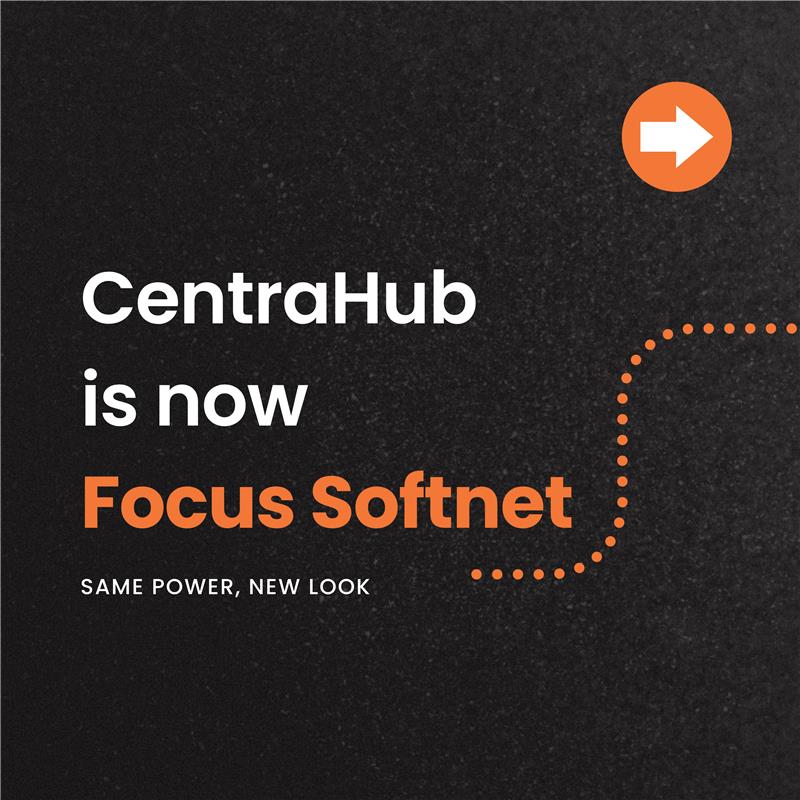

In today's digital age, businesses have access to a wealth of customer information; protecting it enables companies to record, store, and analyze vast amounts of data to enhance customer interactions and drive growth.
This article explores crucial strategies and best practices for securing customer data.
The significant role of CRM in ensuring the security of customer data goes well beyond simple data management. Here are crucial aspects highlighting the critical role of CRM in protecting customer data:
CRM serves as the centralized hub for customer data, reducing the risks linked with fragmented data. This centralized approach allows consistent implementation and monitoring of security measures throughout the entire dataset.
Through CRM systems, organizations gain precise control over who can access and modify specific customer information. This finely-tuned access control mechanism heightens data security by limiting unauthorized access to sensitive data.
Leading CRM solutions employ robust encryption methods to safeguard data during its transmission and storage. Encryption serves as an extra layer of security, making it significantly challenging for unauthorized entities to decipher sensitive information.
CRM systems often feature functionalities aimed at ensuring compliance with data protection regulations. These encompass tools for consent management, tracking data processing activities, and generating reports to exhibit adherence to industry standards.
Establish comprehensive access controls within the CRM platform. Utilize a role-based access control system to manage user permissions effectively. Administer specific access privileges based on job roles or responsibilities. This ensures that employees only access the data essential for their roles, minimizing the risk of unauthorized access or data leaks.
Employ strong encryption techniques such as AES (advanced encryption standard) to protect sensitive data within the CRM database. Encrypt data at rest (stored data) and in transit (during transmission between systems or users). By encrypting data, even if unauthorized individuals gain access, the encrypted information remains unreadable and unusable without the decryption keys.
Implement a robust backup strategy for CRM data. Conduct regular and automated backups to secure and offsite locations. Backup processes should be frequent enough to capture recent changes and updates to ensure minimal data loss in case of a system failure, cyberattack, or accidental data deletion.
Stay abreast of data protection laws and regulations relevant to your industry or geographical location. Ensure that your CRM system complies with standards and industry-specific regulations. Align CRM data handling and storage practices with these guidelines to uphold customer privacy and avoid legal penalties.
Offer inclusive training programs to ensure employees are well-versed in data security best practices and CRM-specific security protocols. Train them to recognize and respond to security threats like phishing attempts, social engineering, or malware attacks. Encourage a culture of vigilance and responsibility among employees to fortify the organization's security posture.
Conduct periodic security audits and vulnerability assessments of the CRM system. Regularly update and patch the CRM software and related security infrastructure to address identified vulnerabilities and stay protected against emerging threats. Stay vigilant for security advisories and implement patches promptly.
Employ data masking or anonymization techniques to obfuscate or hide sensitive customer data whenever possible. By masking certain fields or anonymizing identifiable information, the exposure of sensitive data is limited, reducing the risk of unauthorized access or misuse.
Securing customer data in cloud CRM software requires a proactive and multi-layered approach. By implementing these best practices, businesses can fortify their CRM systems, ensuring the safety and confidentiality of customer information.